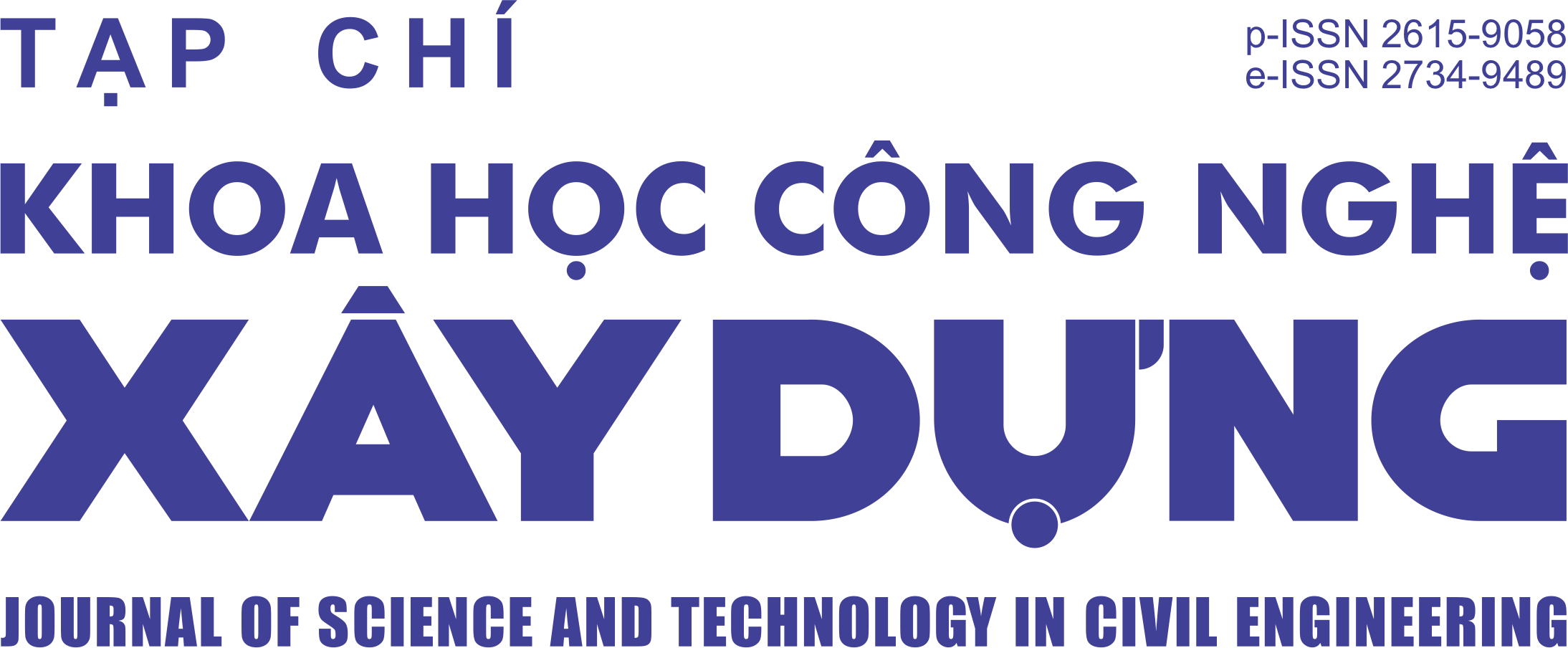Operational modal analysis of mechanical systems using transmissibility functions in the presence of harmonics
Abstract
Ambient vibration testing is a preferred technique for heath monitoring of civil engineering structures because of several advantages such as simple equipment, low cost, continuous use and real boundary conditions. However, the excitation not controlled and not measured, is always assumed as Gaussian white noise in the processing of ambient responses called operational modal analysis. In presence of harmonics due to rotating parts of machines or equipment inside the structures, e.g., fans or air-conditioners…, the white noise assumption is not verified and the response analysis becomes difficult and it can even lead to biased results. Recently, transmissibility function has been proposed for the operational modal analysis. Known as independent of excitation nature in the neighborhood of a system's pole, the transmissibility function is thus applicable in presence of harmonics. This study proposes therefore to apply the transmissibility functions for modal identification of ambient vibration testing and investigates its performance in presence of harmonics. Numerical examples and an experimental test are used for illustration and validation.
Keywords:
operational modal analysis; transmissibility function; harmonic component; ambient vibration testing.
Downloads
Copyright (c) 2019 National University of Civil Engineering

This work is licensed under a Creative Commons Attribution-NonCommercial-NoDerivatives 4.0 International License.
1. The Author assigns all copyright in and to the article (the Work) to the Journal of Science and Technology in Civil Engineering (JSTCE) – Hanoi University of Civil Engineering (HUCE), including the right to publish, republish, transmit, sell and distribute the Work in whole or in part in electronic and print editions of the Journal, in all media of expression now known or later developed.
2. By this assignment of copyright to the JSTCE, reproduction, posting, transmission, distribution or other use of the Work in whole or in part in any medium by the Author requires a full citation to the Journal, suitable in form and content as follows: title of article, authors’ names, journal title, volume, issue, year, copyright owner as specified in the Journal, DOI number. Links to the final article published on the website of the Journal are encouraged.
3. The Author and the company/employer agree that any and all copies of the final published version of the Work or any part thereof distributed or posted by them in print or electronic format as permitted herein will include the notice of copyright as stipulated in the Journal and a full citation to the Journal as published on the website.







